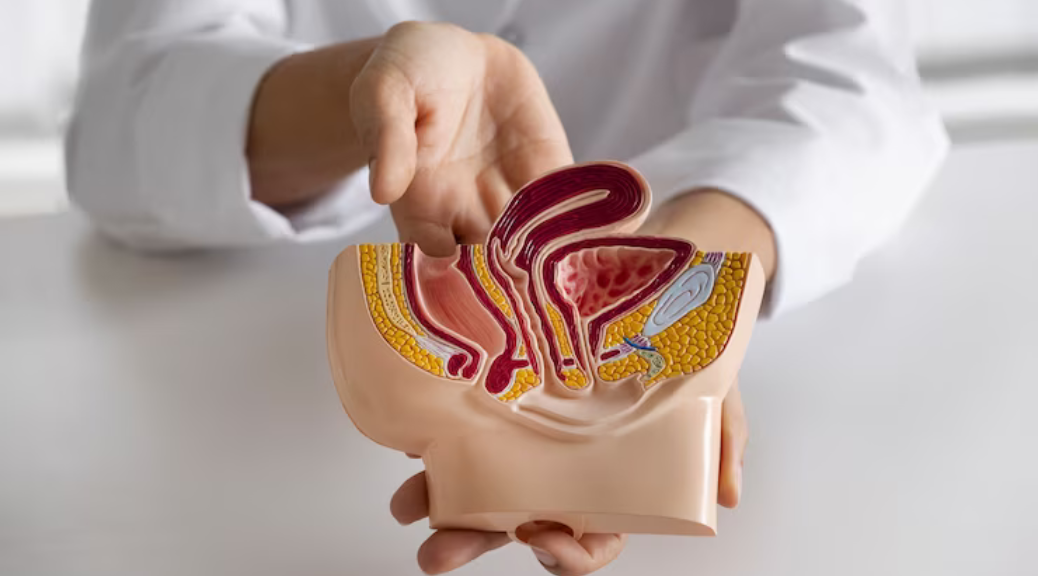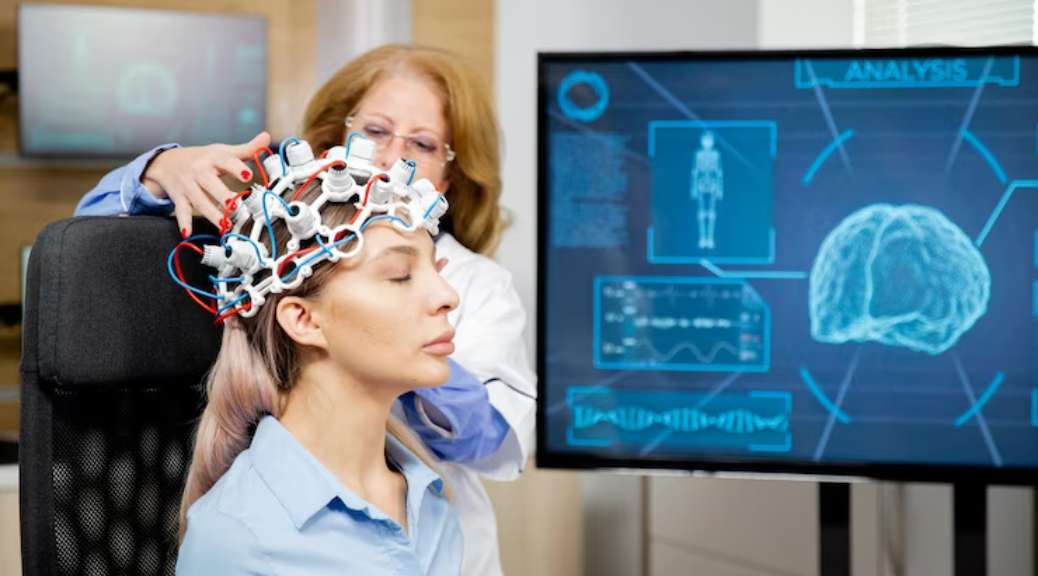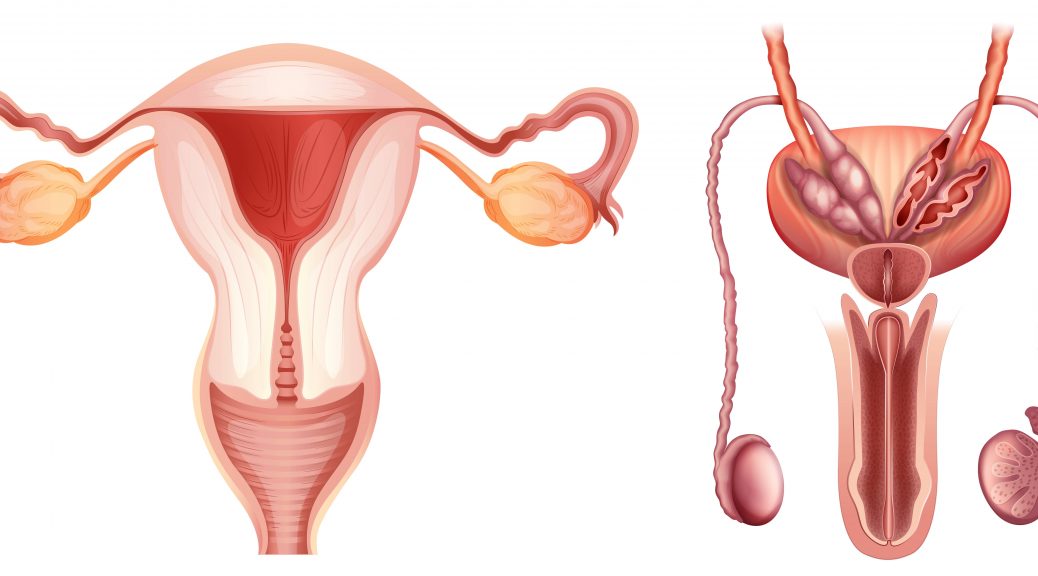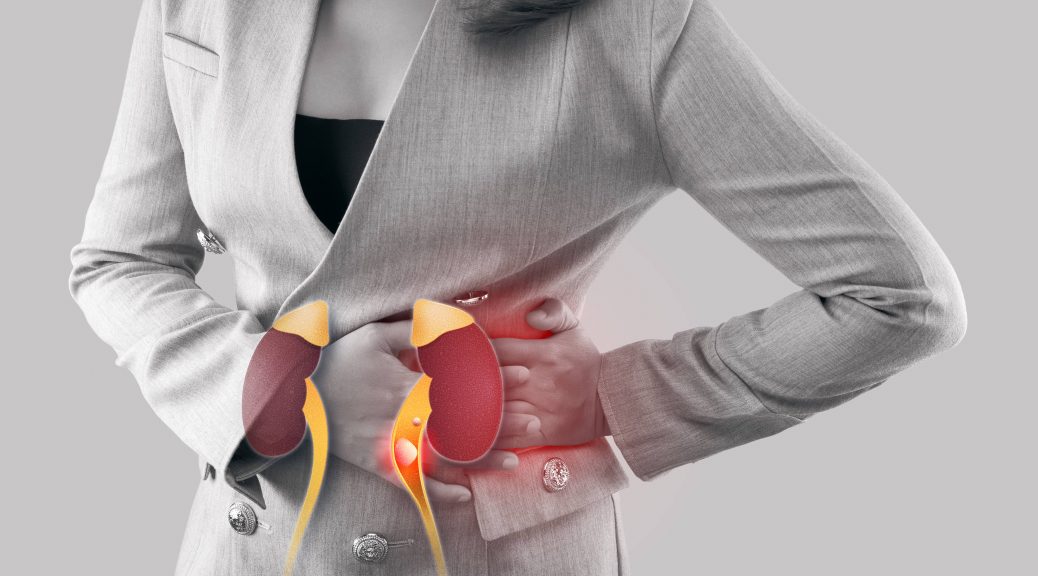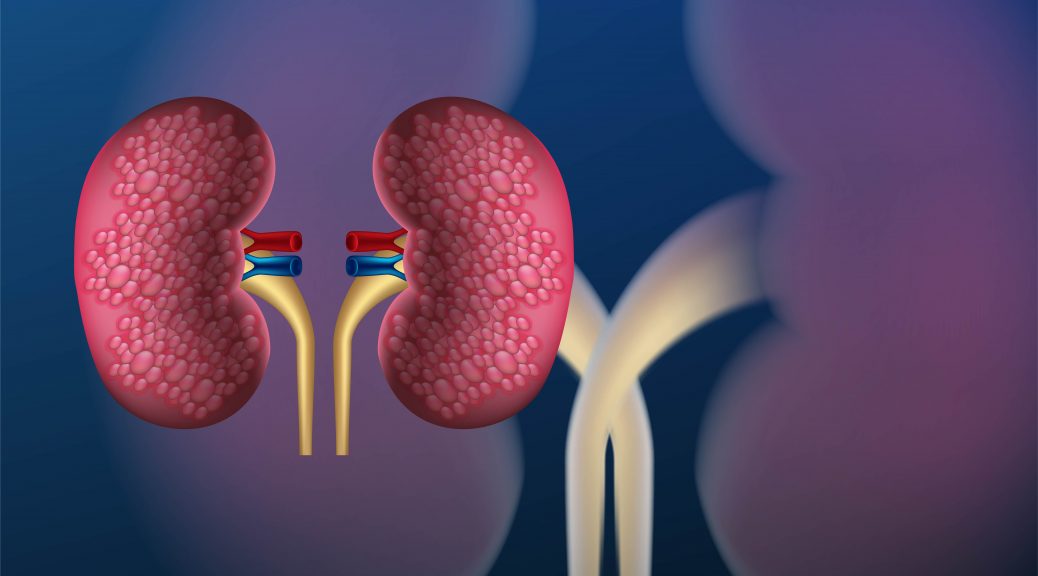If we look back at ancient medical fields, Greeks or Egyptians, doctors repeatedly check the color, texture, and odor of urine to predict urology problems. However, they also look after blood, bubbles, and other signs of disease.
Today, the modern medical field is concerned with the health of the entire urinary system. It is called urology. This blog is going to focus on what a urologist is and what you can expect from a urologist, what urologists do, and more.
What Is Urology?
It is one type of medical field that focuses on urinary diseases like urinary tract, and male reproductive tract. Some urologists only focus on the general urology problems of the urinary tract. Other specialized urologists treat such as:
- Female urology- Focuses on conditions of a woman’s urinary and reproductive tract.
- Male infertility- It concerns the problems that prevent a man from conceiving a baby with his partner
- Neurourology- a neurologist concerned on urinary problems due to conditions of the nervous system
- Pediatric urology – Focuses on children’s urinary problems.
- Urologic Oncology, focuses on the bladder, kidneys, prostate, testicles, and cancer of cancers of the urinary system.
What Is A Urologist?
In simple words, the doctor who treats the urinary disease of male, female, and children is called a Urologist. Urologists can treat everything that relates to the Urinary process and reproductive tract.
In some cases, it has been seen that urologists suggest surgery. For example, they may remove cancer cells or open up the urinary tract. Urologists can treat any part of these urinary systems. This included:
- Kidneys filter waste blood to produce urine.
- Ureters are the tubes. Through Ureters, urine flows from the kidneys to the bladder.
- The bladder(hollow sac) stores urine.
- Urethra is the tube where urine travels from the bladder out of the body.
- The adrenal glands are situated above each kidney. It releases hormones.
When To See An Urologist?
When you may understand that the time has come to see a urologist? If you have the following symptoms, we recommend that you visit the best urologist in Kolkata.
- Blood in your urine
- Urine leakage.
- A frequent or urgent need to urinate.
- Trouble urinating.
- Pain or burning during urination.
- Pain in your lower back, sides and pelvis.
- Weak Urine Flow, dribbling.
What can you expect from an urologist?
When you make an appointment with the best urologist in Kolkata, be prepared with a few question lists of urology problems that you should ask. It will help you to get the best suggestions from the doctor and make a good discussion.
On this note, you have to confess all urinary problems that you have. Plus prepared all medical history and documents. Urologists may proceed to tests for diagnosis of your physical conditions. Some of these tests are:
Physical Examinations
This process is different in order of gender. If you are male, then the doctor may do a rectal exam while, for females, you may need to have the pelvic test.
Urinalysis
For this process, the doctor asked for blood, semen, and urine samples.
Which conditions do urologists treat?
Urologists can treat a wide range of urology problems. Go to the following part:
In men, urologists treat:
- Cancers of the bladder, penis, kidneys, testicles, and adrenal and prostate glands.
- Prostate gland enlargement.
- Infertility.
- Erectile dysfunction.
- Kidney stones.
- Interstitial cystitis (bladder syndrome)
- Kidney diseases.
- Prostatitis.
- Urinary tract infections (UTIs).
- Varicoceles, or enlarged veins in the scrotum.
In women, urologists treat:
- Bladder prolapse.
- Overactive bladder.
- Cancers of the bladder, adrenal glands and kidneys.
- Urinary incontinence.
- Kidney stones.
- Interstitial cystitis.
- UTIs.
In children, urologists treat:
- Bed-wetting.
- Blockages in the urinary tract structure.
- Undescended testicles.
What Type Of Procedures Does Urologist Follow To Treat?
Urologists are medical specialists who diagnose and treat urologist problems and the male reproductive system. They employ various procedures and treatments to address these conditions. Here are some common procedures that urologists may perform:
- Cystoscopy
This procedure involves using a cystoscope, a thin tube with a camera on the end, to examine the bladder and urethra. It helps diagnose and treat conditions such as bladder stones, urinary tract infections, and bladder cancer.
2. Transurethral Resection of the Prostate (TURP)
It is a surgical procedure performed to treat an enlarged prostate gland, a condition known as benign prostatic hyperplasia (BPH). The urologist removes excess prostate tissue through the urethra using a resectoscope.
3. Extracorporeal Shock Wave Lithotripsy (ESWL)
This non-invasive procedure is used to treat kidney stones. High-energy shock waves are directed at the stones, which break them into smaller pieces, allowing them to pass through the urinary tract more easily.
4. Prostate Biopsy
Urologists may perform a prostate biopsy to obtain tissue samples from the prostate gland for further examination. It is typically done to diagnose or rule out prostate cancer.
5. Vasectomy
This is a surgical procedure performed on males for permanent contraception. The urologist cuts and seals the vas deferens, preventing sperm from reaching the semen.
6. Circumcision
Urologists are responsible for conducting circumcisions, which is a surgical procedure involving the removal of the foreskin that covers the tip of the penis. This procedure is usually done for cultural, religious, or medical reasons.
7. Nephrectomy
It is the surgical removal of a kidney. Nephrectomies may be performed to treat kidney cancer, and severe kidney infections, or to remove a healthy kidney for transplantation.
8. Erectile Dysfunction Treatments
Urologists can provide various treatments for erectile dysfunction, including medications, penile implants, vacuum erection devices, and lifestyle modifications.
9. Urodynamic Testing
Urologists may conduct urodynamic tests to evaluate the function of the urinary system. These tests measure bladder pressure, urine flow, and other parameters to diagnose conditions like urinary incontinence or overactive bladder.
10. Minimally Invasive Surgeries
Urologists often use minimally invasive techniques, such as laparoscopic or robotic-assisted surgery, to perform procedures like kidney or prostate surgeries. These techniques offer smaller incisions, reduced pain, and faster recovery times compared to traditional open surgery.
Final Words
Note that the specific procedures performed by a urologist may vary depending on the patient’s condition, urology problems, and the urologist’s expertise. It is best to consult with a urologist for an accurate diagnosis and appropriate treatment plan.
Frequently Asked Questions(FAQs)
Here, we have jotted the most frequent questions about urology problems that people have asked. So, go through this part.
1. What Are Urologic Diseases?
The medical term “urologic diseases” refers to a wide range of medical conditions. All are related to urine filters and urine carried out of the body. The urologic disease can affect any age group of people. It doesn’t matter whether they are children, men, or women.
This disease can affect a particular part of the body. For females, it involves the urinary tract. And in men, they affect productive organs or the urinary tract.
2. What Is A Common Urology Problem?
Common urology problems include bladder control problems, urinary tract information, kidney stones, and prostate problems. However, some urologic problems are sustained for a short time, while others stay for a long time.
3. How Can I Keep Your Urinary System Healthy?
There are a few disciplines that you can follow to keep your urinary system healthy:
- Use the bathroom often and when needed.
- Urinate after sex.
- Be in a relaxed position while urinating.
- Follow hygiene at the toilet.
- Take time when urinating to fully empty the bladder.
- Do pelvic floor muscle exercises.











